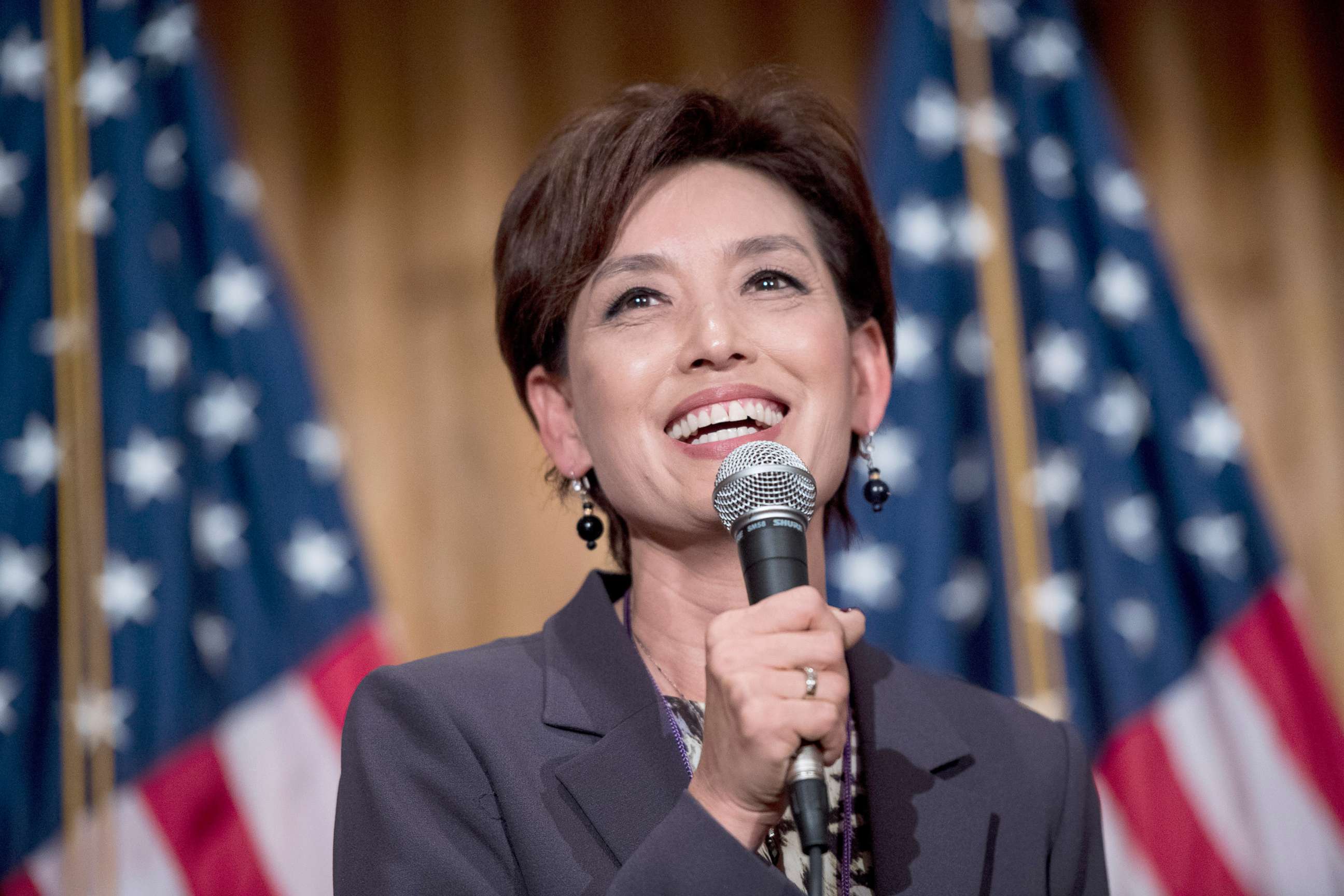Asian-American voters' increased influence could help shape California elections
Some of those votes from this key demographic could be up for grabs.
In California's closely-watched primary, Asian-Americans were increasingly influential and could remain so leading into the November general elections.
That's because their vote could be of crucial importance this year in the Golden State, where "44 percent of immigrant voters identify as Asian-American," said Karthick Ramakrishnan, a professor of public policy and political science at the University of California, Riverside.

And while several high-profile races in California have yet to be called by the Associated Press, some of those votes from this key demographic could be up for grabs.
FiveThirtyEight, an ABC News partner, noted that a 2016 survey shows that two in five Asian-Americans did not identify as Democrats or Republicans, making them somewhat of a political enigma.
Ramakrishnan said that of the Asian-Americans in California that do affiliate with one of the major parties, Democrats outnumber Republicans by a 2-to-1 ratio.
This could be especially important in key Orange County districts, where Asian-Americans largely supported Republican House candidates in 2016, but supported Hillary Clinton in the presidential election and could help turn this historically-red county blue.
In fact, the Asian-American population in Orange County has more than doubled since 1990, making it the county with the third-largest Asian-American population in the nation after the San Francisco and Los Angeles metro areas.
Young Kim, a Republican, and Dr. Mai Khanh Tran, a Democrat, both ran for House in California’s 39th Congressional District, which is in Orange County.
Asian-American outreach has also been a priority among several other candidates on both sides of the aisle, including Democrat Gil Cisneros, who is running for House in CA-39. Cisneros appointed deputy campaign directors to specifically target Asian-American voters and distributed campaign materials in Korean and Mandarin.
Though John Chiang, a Democrat who currently serves as state treasurer lost his race for governor, the votes he netted could have had an untallied impact on the race, Ramakrishnan said.
Antonio Villaraigosa, another candidate for governor, may finish behind Chiang because “40 percent of Asian-American registered voters prefer to take surveys in an Asian language, not in English,” Ramakrishnan said.
“So all of the polling so far likely underestimates Chiang’s support by 3-4 percent,” he said, noting that Asian-Americans’ growing political influence could leave a significant impact across the Golden State for years to come.




